North Korean diplomat ‘defects from London embassy’
A HIGH-profile North Korean diplomat who disappeared from his London home defected after losing faith in Kim Jong-un’s leadership.
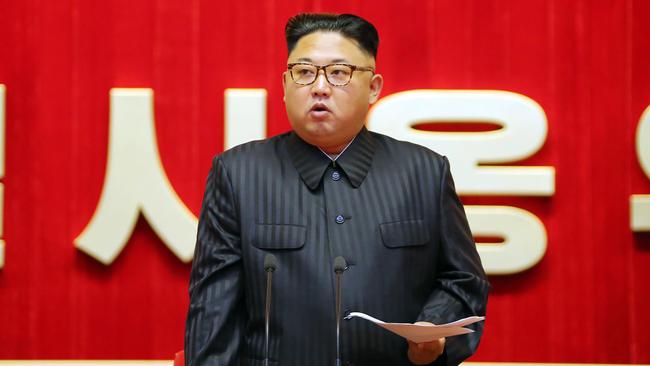
A HIGH-profile North Korean diplomat who disappeared from his London home defected after losing faith in Kim Jong-un’s leadership, it has emerged.
Than Yong-Ho — the second in command — at the North Korean embassy in London, defected to Seoul in a rare and damaging loss of diplomatic face for Pyongyang.
South Korea’s Unification Ministry confirmed Thae and his family were now in the South Korean capital.
“They are under government protection and are going through necessary procedures with related institutions,” ministry spokesman Jeong Joon-Hee told reporters.
However, he declined to reveal Thae’s defection route, citing the diplomatic sensitivities involved for the concerned countries.
“On his reasons for defection, Minister Thae cited disgust with (North Korean leader) Kim Jong-un’s regime, admiration for South Korea’s free, democratic system and the future of his family,” Jeong said.
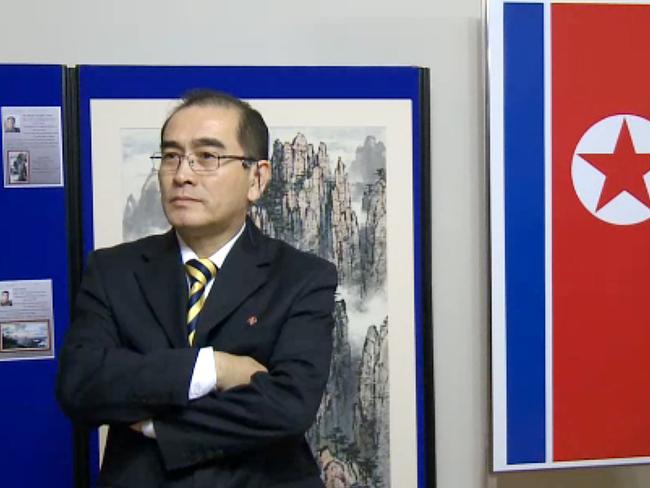
Increasingly isolated internationally because of its nuclear weapons program, North Korea maintains relatively few overseas embassies, and defections by diplomats of Thae’s stature are extremely rare.
The last such case was that of the North Korean ambassador to Egypt who defected to the United States in 1997.
As news first broke that the diplomat had disappeared, South Korea remained tight-lipped over the issue only saying he had defected to a third country.
South Korean newspaper JoongAng Ilboclaimed the diplomat from the Democratic People’s Republic of Korea was seeking asylum in a third country.
“The DPRK Embassy made belated attempts to figure out the diplomat’s whereabouts, but has failed,” it said.
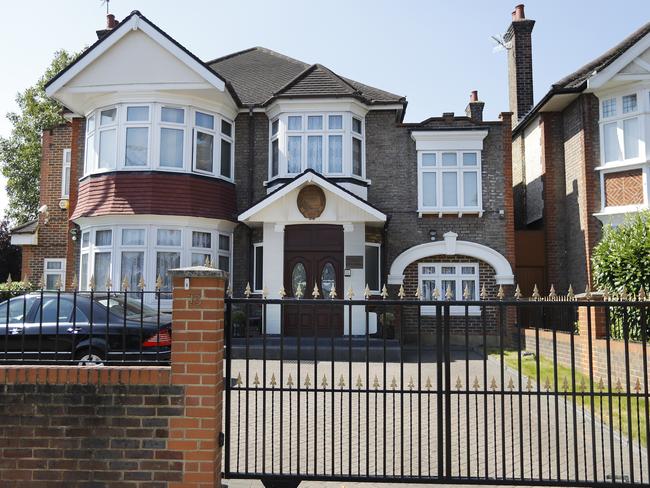
KIM’S MAN
Thae Yong Ho, who had the task of promoting the secretive state to the British public, disappeared from his west London home with his wife and family several weeks ago, the BBC reported.
According to the broadcaster, Thae’s main mission was to convey leader Kim Jong-un as misunderstood.
In one speech he even went as far as to say the British were brainwashed by the ruling class.
“If the people in this country, or in America, knew that there is a country in the world where there is a free education, free housing, free medical care, then they’d have second thoughts,” he reportedly said.
JoongAng Ilboclaimed he was under growing pressure to combat the diplomatic heat from the international community over North Korean human rights violations.
The paper also said it wasn’t unusual for some North Koreans to apply for refugee status in a third country rather than defect to the south.
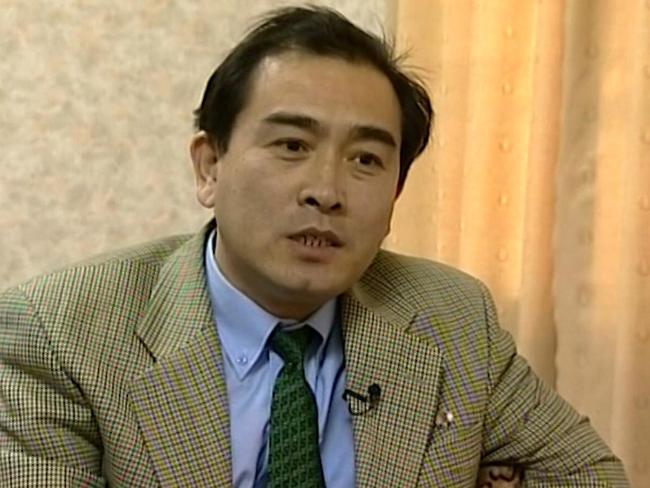
ELITE DISCONTENT
South Korea spokesman Jeong said Thae’s defection reflected the loss of faith among North Korea’s elite in Kim Jong-un’s leadership.
“Awareness that the North Korean regime has reached its limit is spreading and the solidarity of its ruling class is weakening,” Jeong said.
Since Kim succeeded his late father Kim Jong-il as supreme leader in 2011, he has carried out a series of high-level purges aimed at consolidating power and surrounding himself with loyalists.
But experts say continued support is contingent on keeping the Pyongyang elite in the privileged lifestyle to which they are accustomed — a task made far tougher by tightened UN sanctions.
DEFECTORS
North Korean defectors have been making headlines recently, largely due to an unusual group defection in April by a dozen waitresses and their manager who were working at a North Korean-run restaurant in China.
A North Korean army colonel who had handled spying operations on South Korea was announced to have defected last year.
And, in July, an 18-year-old student, who was in Hong Kong for an international maths contest, reportedly sought asylum in the South Korean consulate in the city.
Thae was believed to have worked at the embassy in London for 10 years, with one of his main tasks being to counter the image of North Korea as a nuclear pariah state and notorious human rights abuser.
However, the North Koreans who have defected say there is an enormous cost behind such a move, with families often punished and made to pay for those who flee.
Many do not see or hear from family again and don’t make contact for fear of putting them in danger.
Those who are caught attempting to escape are severely punished, sent to labour camps and forced to undergo re-education programs, human rights groups claim.
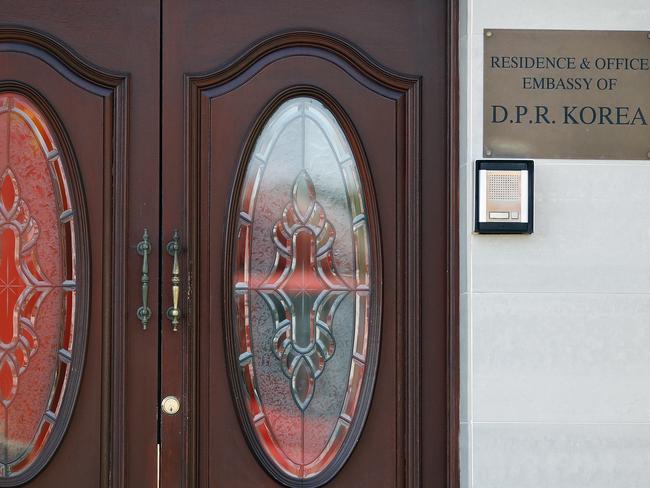
PR COUP
Apart from the obvious and PR victory his defection hands to South Korea, Thae is likely to prove a crucial source of up-to-date intelligence on the state of the North Korean leadership and its policy priorities.
All North Korean defectors who make it to Seoul undergo an intense, months-long debriefing at the hands of South Korean intelligence — largely in an effort to root out any potential spies.
In Thae’s case, the interrogation will be a lengthy one and he and his family will likely remain in sort of protective custody for some time to guarantee their safety.
Over the years, nearly 30,000 North Koreans have fled poverty and repression in their country and settled in the South.
But the number of defectors — who once numbered more than 2000 a year — has nearly halved since Kim Jong-un took power.
Those who still managed to flee in recent years often had families already settled in the South, or were relatively well-off and well-connected members of the elite in search of better lives.
The highest-ranking defector to come to the South was Hwang Jang-Yop, the North’s chief ideologue and former tutor to Kim Jong-il.
He made a high-profile defection via the South Korean embassy in Beijing in 1997 and died in Seoul in 2010



